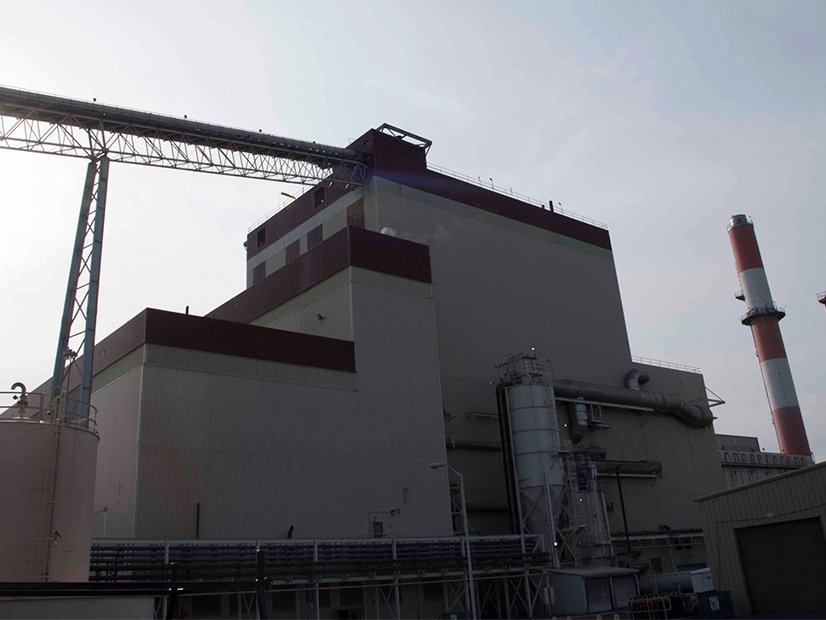AES (NYSE:AES) and FirstEnergy (NYSE:FE) announced an agreement Tuesday to terminate their power purchase agreement for the 205-MW Warrior Run coal-fired power plant almost six years early, with plans to shutter the western Maryland plant by 2025.
FirstEnergy subsidiary Potomac Edison has been buying the output of the plant for decades under the Public Utility Regulatory Policies Act (PURPA) and bidding its output into PJM. The utility’s ratepayers will be on the hook for another $357 million if the deal is approved by the Public Service Commission, but that would save them $80 million over the next seven years while helping Maryland reach its decarbonization goals.
The PPA, which obligated Potomac Edison to purchase up to 180 MW/hour through Feb. 10, 2030, would terminate at the end of May 2024 under the utility’s petition (ML# 302441).
“This agreement is another milestone in our journey toward decarbonization,” AES CEO Andrés Gluski said in a statement. “Following the contract termination, we see interesting opportunities to repurpose the Warrior Run site for low carbon solutions that continue to serve local communities.” No details were provided on those plans.
The plant would keep operating through at least May 2024 — the end of PJM delivery year 2023/24 — which is in line with AES’ corporate goal of exiting the coal generation business by 2025, FirstEnergy told the PSC.
Potomac Edison has been buying the plant’s output under PURPA since the state restructured in 1999 and has been selling its output into PJM’s market since 2008, which is the most cost-effective way of generating income for the plant. Through 2022, the utility has paid AES $1.3 billion in excess of its wholesale power revenues, FirstEnergy told the PSC.
That money has been recovered from customers under a surcharge that varies significantly depending on wholesale prices, but has made up as much as 15% of the average customer’s bill when wholesale prices are low, the utility told the PSC.
Even with recent wholesale market volatility, the two firms expect the early termination fees to be cheaper than what Potomac Edison would have to pay under the remainder of the contract.
The wholesale volatility has not all been to the benefit of the plant. During the winter storm in December 2022, it underperformed on one day and owes $2 million in capacity performance payments to PJM.
“While the events of December 23 and 24, 2022, are uncommon and excessive compared to normal conditions, removing these operational risks along with the market volatility risk can provide significant benefit and protection to PE’s customers,” the PSC filing said.
The firms asked the PSC to decide on their request to retire the plant early by June 30. If it is approved later, the consumer benefits will be lower as they will have to renegotiate, the companies said.
AES said it would work with the plant’s employees to manage a responsible transition and will maintain full operational control over the site after it is decommissioned.




